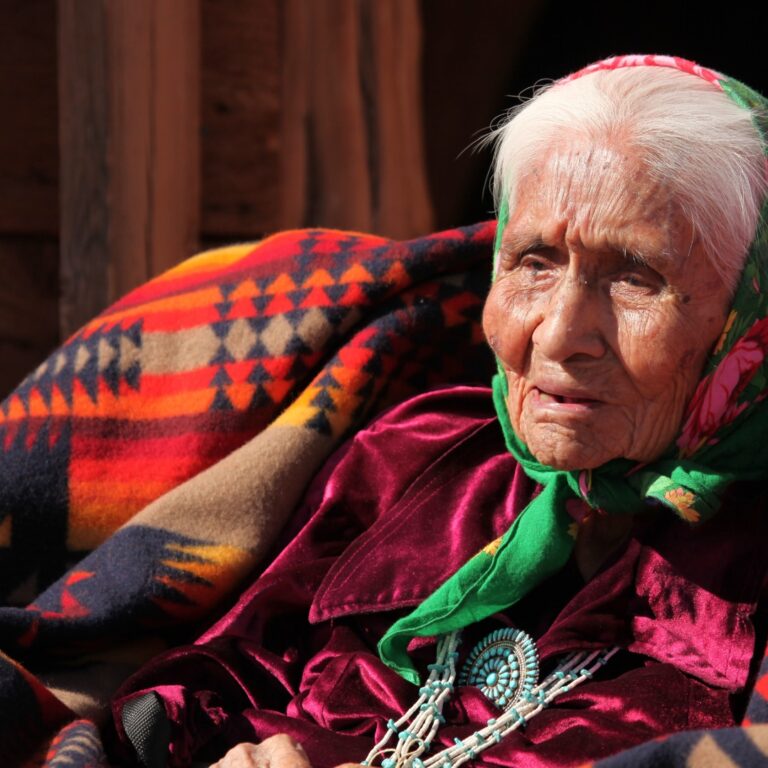Other Videos on Calling
Part 1 - Do We All Need a Call?
Part 2 - Why It's Important to Know Your Call
Part 4 - Four Questions to Ask Yourself About Your Call
Part 5 - What If I don't Have a Calling?
This third video in our mini-series on calling looks at the importance of testing our call. Part one covered the question of 'do we all need a call?', whilst part two looked at why knowing your call is important.
There is a difficult balance to achieve when teaching on the topic of calling. I remember a guy saying, “The trouble is if you challenge people on their call, they say ‘help, I know I’m no good, I’m going to give up’. On the other hand, you can get people who run with a call that isn’t a call, and that leads to a lot of pain in their lives and other lives.”
We used to run a school of mission in Thailand, and our record was a girl who arrived from her home country and wanted to go home on the very first night! So how do we find a balance between those two extremes? This is where testing the call comes in. Here are four practical steps to help.
1. Seek Confirmation
A crucial stage is asking for confirmation, first and foremost from the Lord. We may find this in scripture, circumstances, conversations with others, or another leading of the Holy Spirit.
We can also seek confirmation from those who know and love us, and people with wisdom on the calling in question. Seeking advice from these people is important and can be a valuable part of processing and clarifying our call. However, we should be wise and discerning in who we speak to because some people may not be so helpful. They may lead you in an alternative direction or even try to dissuade you because they don’t want you to leave them!
Ideally, you want to end up in a place where you ‘know that you know that you know’. It is important to remember the spiritual battle that may be taking place over your calling. Sadly, some statistics show that approximately one-third of those who leave their place of calling prematurely, in fact, shouldn’t have gone in the first place! They were not sure of their call. This is why discussions with the right people are so crucial in discerning a call.
It may also be worthwhile researching and speaking with those who have been in similar positions to hear their insights and learn from what they now wish they had known!
2. Get Some Exposure to People From Another Culture
In a post-covid world, this may be more difficult than it once was, but it is helpful to gain experience of engaging with people from another culture – most preferably the culture to which you feel called.
If it is possible to go on a short-term mission trip, this is a marvellous way to gain exposure to and experience a culture. You are walking the land, interacting with locals in their homeland. You will gain some initial insights into some of the ways of the culture. As you explore, engage proactively in prayer for the people, and it is likely that you will develop a burden for them in your heart. If this does not happen, then maybe you should be questioning why.
Most of the people who ended up going to China full-time through our ministry had been involved with one or two short-term teams. There is something very powerful about seeing the needs and sensing God’s heart for the people that will confirm the way you are feeling led (or not!).
If you do not have the opportunity to go on a short-term mission trip, there are still other options. You could get involved with cross-cultural outreach at home, refugee ministry (hear about how Jen felt a desire to work cross-culturally in her home of Australia).
You can also read up on the area you feel called to, learn about their history, culture, stories of other Christians who have worked in that area. It is also worthwhile connecting with people already working in that culture if you can. They will help you develop an informed and grounded view of what life would be like to live and work there.
If you know anybody locally who has worked cross-culturally in the past but is now in the post-field stage, they can also be a valuable resource to tap into.
Ross’ experience
God had called me to China, but I knew nothing about mission – or anything really, especially the Chinese people. So as a student at Cambridge, God clearly told me to spend the summer with Operation Mobilisation (OM), I was going to be working in France. I didn’t especially want to, but I knew by that point that I had to do what he said! What happened whilst was I there was that a university colleague of mine was then going as a small team in one car to Russia. He invited me along, so you can imagine, with a call to China, how amazing it was to have a glimpse behind the iron curtain. We also ended up visited Poland, Czechoslovakia, Romania, Hungary and others. Although this wasn’t an experience of China, the chance to meet Vanya and Nadia, those two sisters who risked so much to take the bibles and Billy Graham books, really changed me and I knew that was what I wanted to do with my life!
3. Take a Cross-cultural Training Course
When we went to Taiwan, we did it without any training at all and had to learn the hard way, including some painful experiences! So, we’d recommend suitable cross-cultural training in the strongest terms. This lack of training that we’ve seen many people struggle with is the reason we first started FieldPartner. We are so keen to help people get cross-cultural training before they leave, especially those who may not have access to in-person resources.
If you have tried local outreach to people in your home nation, you may discern there is some prejudice or bias against people who are different from you – it is crucial to deal with it. We are all broken and sinful in our attitudes, so rather than burying it, we’d encourage you to address it practically – and now is the best time to start.
A good place to start would be to ask yourself, ‘what is there in my culture that might be hindering me in this area?’ We often do not realise how conditioned we are by our cultural norms. The first module in our free course, Crossing Cultures 101, is all about coming to terms with your own culture. Author of Cultural Intelligence Julia Middleton, is accurate in saying
“the culture we are least aware of and are least coming to terms with is our own”
Crossing Cultures 101 offers the basic information you need to know to work in another culture. The course gives general principles that apply widely to any cross-cultural experience. We’d also recommend the ‘Crossing Cultures’ Course by Simply Mobilising (they also developed the Kairos Course) if they have one available near you soon. The benefit of their course is that it combines training with actually going out and also debriefing afterwards.
It may also be helpful to sign up for a full-time study course. There are a wide variety of accredited establishments around the world, who offer a range of options.
For an insight into the theology behind mission, we would encourage you to discover ‘The Antioch Factor’ by Ross. Based on his popular book, this free course introduces the Biblical foundations for working in cross-cultural mission. Looking at the book of Acts, it yields some surprising insights and warnings.
4. Build a Relationship With Your Local Church
If you are going to be sent by your church, then you will need their endorsement. It won’t be enough just to have your own personal sense of calling. You’ll need to have the leadership endorse your calling. The sending church is responsible for the process of selection, so it is important to submit to their process, which may be lengthy or even non-existent!
If this is the case and they aren’t sure how to support you, then we would be happy to help and give advice, you can contact us, or other organisations specialise in supporting churches in sending responsibly. In the unlikely event that your church explicitly says ‘we don’t do cross-cultural mission’ then you can also come to us and we will see what we can do to support you as this sadly does happen occasionally. We have explored what this relationship between the individual and the church should look like, in our roadmap resource.
One thing we would also strongly recommend would be building your own PACTeam (Personal Accountability & Care Team). This consists of people you have personally selected who know you, endorse your call and can really get behind you and support you on your journey.
You or the church may be aware of an agency that works in the place you feel called to. The agency will be an essential relationship to build, if you use one. Even if you do go with an agency, the relationship between you and your church is still significant to maintain and nurture, in both directions.
The process of selection may be long and, at times, frustrating. There may also be practicalities such as visas and other paperwork to work out, so it is best to start early and get on board with what needs doing to get to your destination!
Conclusion
The most fundamental thing to remember is that you need your call from God. In the midst of all the conversations and practicalities involved with cross-cultural mission, you need to know that God has given you a call. He is our heavenly father who loves to do so!
Why do you need to remember this? Because at some point, there will come a situation where you’ll need to pray this prayer:
‘God, you got me into this mess, you’re responsible for it, and you have to get me out of it!’
Questions to reflect on
- Who could you go to in your life to seek confirmation or discuss a calling?
- If a short-term exposure experience is possible - what would that look like for you?
- What would your cross-cultural training options be? How long do you have to commit to it?
- What other training opportunities could you take?
- Consider who your PACT (Personal Accountability & Care Team) would be.
- Spend some time researching training and agency options.
Part 4 - Four Questions to Ask Yourself About Your Call >>
We'd love to hear your thoughts in the comments section below!









